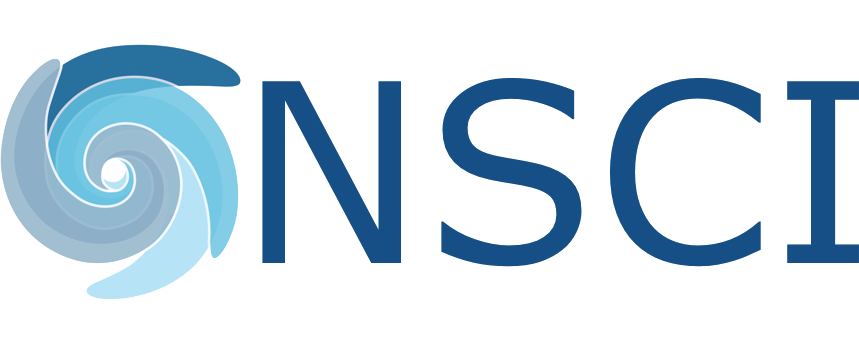Functional interpretation of genetic and genomic variations has been challenging and remains a persistent bottleneck in the genetic studies of complex diseases, hindering the discovery of therapeutic targets.
Genome-wide association studies (GWAS) carried out by the NIA-funded ADSP consortium and the International Genomics of Alzheimer’s Project have identified more than fifty loci associated with AD. Progress toward understanding disease mechanisms, however, has been limited due to the difficulty in assigning molecular functions to these GWAS loci.
To connect genetic variants to downstream effectors and functions, NIA launched the ADSP Functional Genomics Initiative (RFA-AG-21-006) in 2020 to strengthen the translational pathways for Alzheimer’s disease and related dementias (AD/ADRD). This initiative intends to fill the gaps in our understanding of genetic variations and move the field from identifying disease-associated loci to elucidating functional consequences and disease mechanisms underpinning the genetic heterogeneity, pathogenesis, and progression of AD/ADRD.
The ADSP Functional Genomics Consortium (FunGen-AD) was established in August 2021, after NIH awarded applications responding to the RFA-AG-21-006.
Mission
The FunGen-AD Consortium aims to apply cutting-edge genomics technologies and high-throughput genetic screening to understand the functional impacts underlying the genetic basis of susceptibility and resilience of AD/ADRD.
The goals of the consortium are to elucidate the causal path linking AD/ADRD associated genetic and genomic variations to disease, characterize the impact of these variations on the regulation and function of genes, define how these variants interact with one another, and understand their molecular, cellular and tissue impact on AD/ADRD. These efforts will contribute to an AD functional genome atlas to inform the development of genomic medicine for AD/ADRD.
The ultimate goal of the FunGen-AD Consortium is to identify genetics-guided targets for the prevention, diagnosis, and treatment of AD/ADRD.
Organization
Institutions







